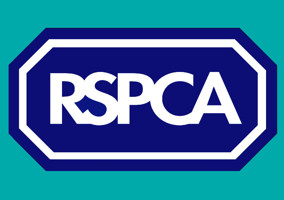A charity lawyer has said that under changes to data protection law, donors will be able to opt-out of wealth-screening from May 2018.
Hannah Lyons, associate solicitor at Bates Wells Braithwaite, who was speaking at the Institute of Fundraising Hospices Conference in London yesterday, said that the laws around wealth-screening (or telematching and teleappending) would be changed when the EU directives around GDPR come into force on 25 May 2018.
Under new GDPR legislation, Lyons said that people would be able to opt-out of having their personal data used by charities or other organisations for the purposes of wealth-screening, which they are currently unable to do.
However, Lyons said that GDPR changes will also mean that charities will have to go back through historical databases and inform supporters whose information had been used in that way.
“It doesn’t mean that you can’t wealth-screen people in the future, but it does mean that you definitely have to explicitly tell people that you’re going to do that. You’ll have to find ways of setting it up in statements that won’t put people off.”
‘Opt-out will be compliant post 25 May 2018’
Lyons also said that BWB were convinced that opt-out “will be compliant with the law” after GDPR comes into force on 25 May 2018.
She said that the debate around the issue of opt-in versus opt-out had been clouded by “misinformation and confusion” around what the new wording in the legislation meant.
In an original draft of the legislation, GDPR had referred to gaining ‘explicit consent’, which Lyons said would have basically been opt-in. However, that particular wording of the legislation was “watered down at the last minute”.
“GDPR says that consent must be unambiguous and must be given by means of a stated indication of the individual’s wishes. It’s not really clear what ‘unambiguous’ means, which isn’t very helpful. However we’re pretty sure that doesn’t mean that you’ll have to move directly to an opt-in model of fundraising.
"The original wording of the GDPR legislation did refer to ‘explicit consent’ which would have essentially been opt-in, but it was watered down at the last minute.“
She said opt-out models would still be compliant, as long as charities were “clear about how you’re using a person’s details”.
She also told the conference that charities would have to be compliant with the new legislation from 25 May 2018, as the transitional period with the new legislation began in 2016.
Related Articles












